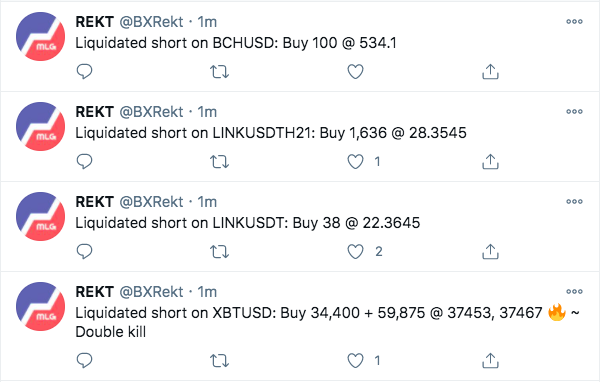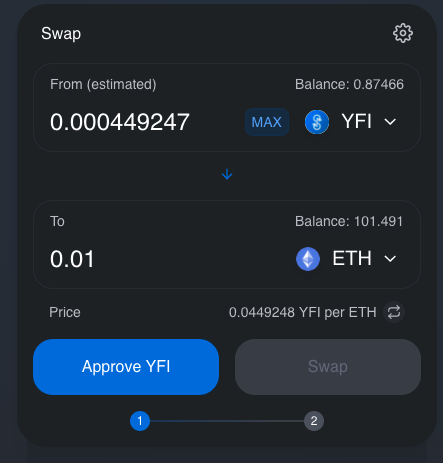That's why around 2005, you had so many forex trading websites popping up. They would offer up to 500x leverage.
On the importance of leverage for the crypto ecosystem.
A long time ago, BNP Paribas bought a retail forex exchange, because they thought they'd get an insight into forex trading flows and positions. What they quickly discovered, is that the website was a muppet slaughterhouse.

That's why around 2005, you had so many forex trading websites popping up. They would offer up to 500x leverage.
This became such a huge trend that regulators stepped in, and introduced maximum leverage rules. Something like x30 for forex, if I remember correctly. All of a sudden, all the ads and Premier League sponsorships vanished.
It's hard to explain how one-sided leveraged crypto trading is. Traders don't stand a chance. With currencies, you could expect to extract SOME money from real world flows. In crypto, there are no real world flows. It's just traders against traders against insiders.
That's why offshore, unregulated exchanges sprung up so fast.
More from Crypto
1/ ERC-20 token standard approve() has caused an unnecessary cost of $53.8M for #Ethereum and #DeFi users
This is bad. Continue reading why and how to avoid this in the future.
👇👇👇

2/ Before you go all rage on the flaws of my analysis, please read the whole Twitter thread for disclaimers and caveats.

3/ approve() is an unnecessary step of ERC-20 tokens when they interact with smart contracts.
You know this because when you do a Uniswap trade you need press two transaction buttons instead of one.

4/ Why there is approve() - you can read the history in this Twitter
5/ I queried all approve() transactions on Google BigQuery public dataset and calculated their ETH cost and then converted this to the USD with the current ETH price.
This is bad. Continue reading why and how to avoid this in the future.
👇👇👇

2/ Before you go all rage on the flaws of my analysis, please read the whole Twitter thread for disclaimers and caveats.

3/ approve() is an unnecessary step of ERC-20 tokens when they interact with smart contracts.
You know this because when you do a Uniswap trade you need press two transaction buttons instead of one.

4/ Why there is approve() - you can read the history in this Twitter
1/ I just spend my Saturday morning on a call with a crypto fund explaining to them how #Ethereum ERC-20 token approve() function works
— \U0001f42e Mikko Ohtamaa (@moo9000) August 29, 2020
I am too old for this shit. pic.twitter.com/7EYfOaRP5L
5/ I queried all approve() transactions on Google BigQuery public dataset and calculated their ETH cost and then converted this to the USD with the current ETH price.

























